Don’t let gum or periodontal disease ruin your smile
Oral Health
Why maintaining oral health is important?
Mouth is the mirror for your body health. Good oral health can have many wonderful, life-changing benefits. From greater self-confidence to better luck in careers and relationships, a healthy smile can truly transform your visual appearance, the positivity of your mind-set. Oral health also important in maintaining general health of the body.
Why should I visit the dentist regularly?
Many oral health issues including gum disease, cavities and even oral cancer, don’t cause any pain until they have reached an advanced stage. Regular dental visits help dentist in finding these issues at the early stage.
Detecting and treating dental problems at an early stage may save your time, money, unnecessary discomfort, your teeth and even your life!
With the regular dental check-up’s dentist will be able to identify the cavity or gum problem at the initial stage and suggest you simple filling which is a painless procedure or teeth cleaning to remove the plaque and calculus.
Visiting a dentist every 6 months for a check-up and clean helps you in preventing tooth decay, gum disease, cracks in the teeth, infections and tooth loss.
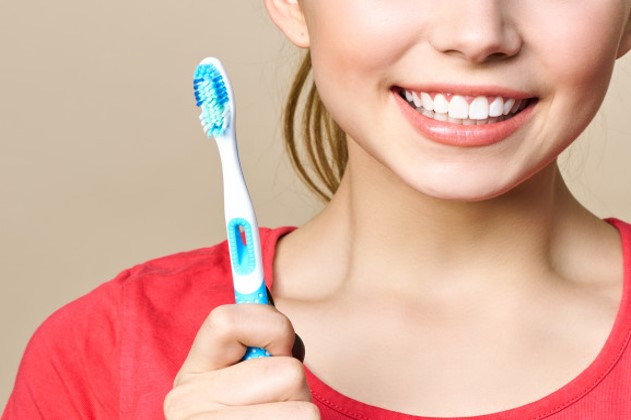
How do I keep my teeth and gums healthy?
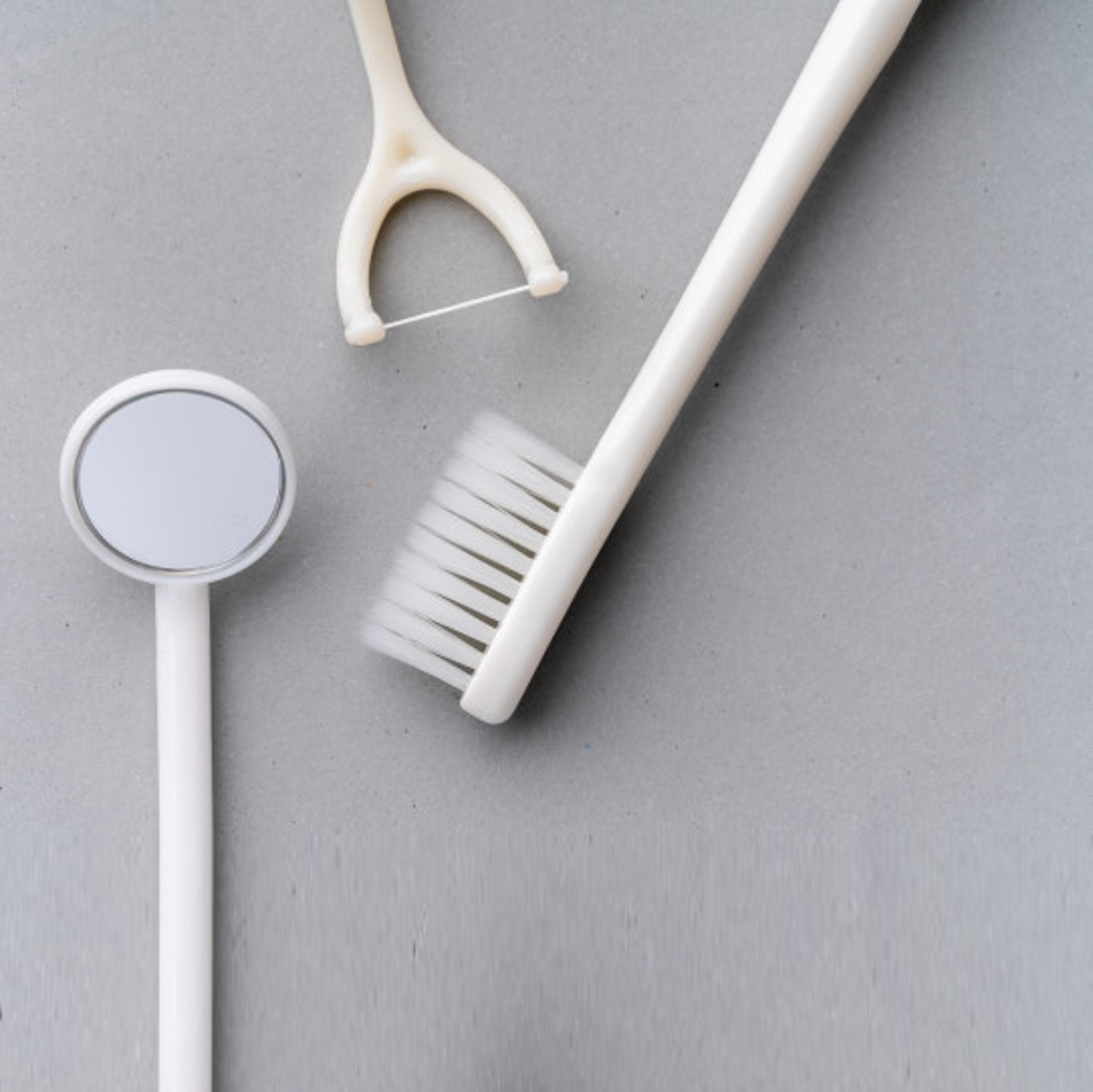
- Brush your teeth and gums two times a day using a soft brush, with a fluoride toothpaste at least for 2 -3 min twice a daily.
- Don’t forget to brush your tongue as well, or use a tongue scraper.
- Clean in between your teeth with interdental brushes or floss at least once a day, ideally before going to bed. Brushing alone only cleans up to about 60 percent of the surface of your teeth.
- Use a soft bristled toothbrush, which is less likely to damage teeth or gums, and don’t brush too hard, which can actually damage teeth.
- Replace your toothbrush every three months, or after illnesses like the flu.
- Minimise your snacking habits especially after dinner and brushing your teeth.
- Chew on sugar free chewing gum, rinse with and drink water regularly, or brush after having snacks.
- Rinse with an effective mouthwash – we don’t recommend the long-term use of mouthwash. We generally recommend mouthwash for up to 2 weeks only
- Avoid sugary foods, tobacco products, and drinking excessive amounts of alcohol.
- Visit your dentist at least once every six months for a routine dental
Daily dental care is up to you, and the main weapons are the toothbrush, toothpaste and interdental cleaning (cleaning between your teeth).
Which type of toothbrush should I use?
Your dentist will be able to recommend a toothbrush that is suitable for you. However, adults should choose a small- to medium-sized brush head. This should have soft to medium, multi-tufted, round-ended bristles. The head should be small enough to reach into all parts of the mouth: especially the back of the mouth where it is difficult to reach. Children need to use smaller brushes but with the same type of filaments.
How should I brush my teeth?
Brushing removes plaque and bits of food from the inner, outer and biting surfaces of your teeth. Here is one way to remove plaque – discuss with your dentist which is the best for you:
- Place the head of your toothbrush against your teeth, then tilt the bristle tips to a 45-degree angle against your gumline. Move the brush in small circular movements, several times, on all the surfaces of every tooth.
- Brush the outer surface of each tooth, upper and lower, keeping the bristles angled against your gumline.
- Do this again, but on the inside surfaces of all your teeth.
- To clean the inside surfaces of your front teeth, tilt the brush vertically and make several small, circular strokes with the front part of the brush.
- Brush the biting surfaces of your teeth.
- Brush your tongue to help freshen your breath and clean your mouth by removing bacteria.
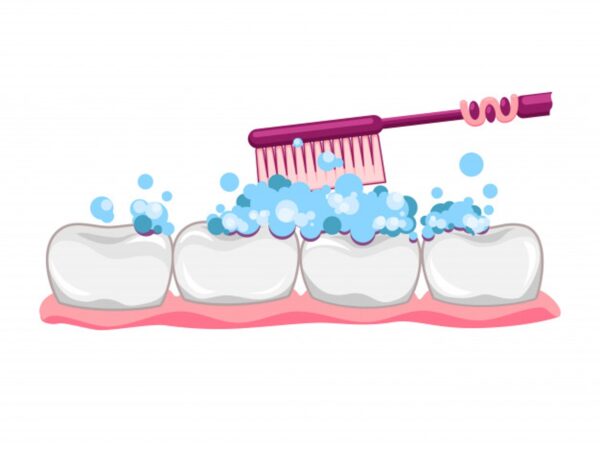
How should I clean the space between my teeth?
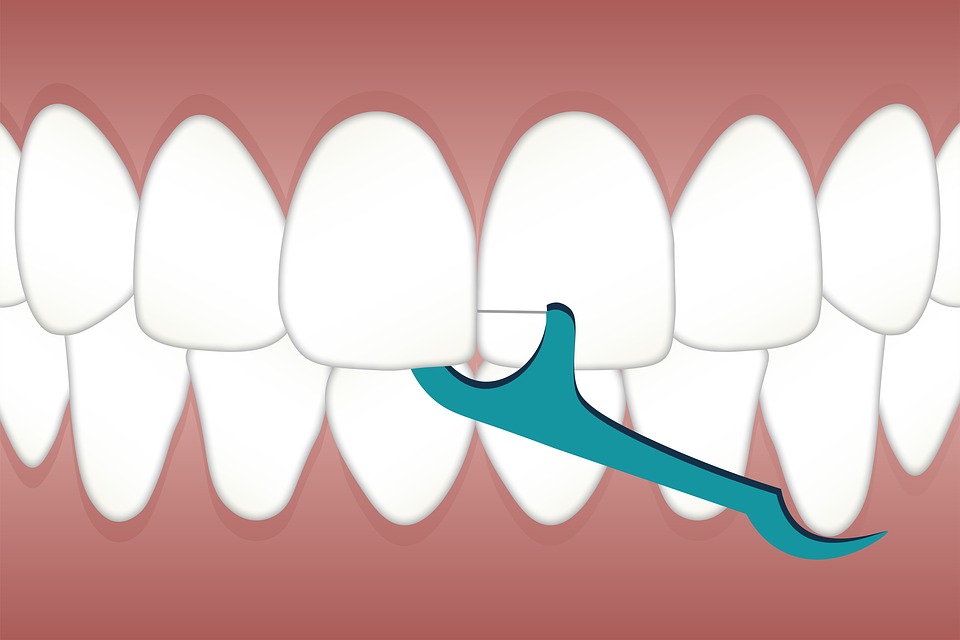
You can use dental floss, interdental brush and mouthwash to clean the areas between your teeth. This helps in removal of plaque and bits of food from between your teeth and under your gumline. These are the areas your toothbrush can’t reach. Don’t forget the backs of your last teeth. It is also very important to clean around the edges of any crowns, bridges or implants. You should clean between your teeth at least once a day. Visit your dentist to know more about how to clean between your teeth properly.
Why Dental Flossing is important?
Flossing is the best way to remove plaque from the spaces your toothbrush can’t reach – like in between your teeth and under your gum-line.
It removes plaque which is a soft, sticky substance that forms on your teeth after you eat.
It fights cavities by preventing bacterial built up on the tooth.
It promotes healthy gums – by preventing gingivitis and periodontal disease.
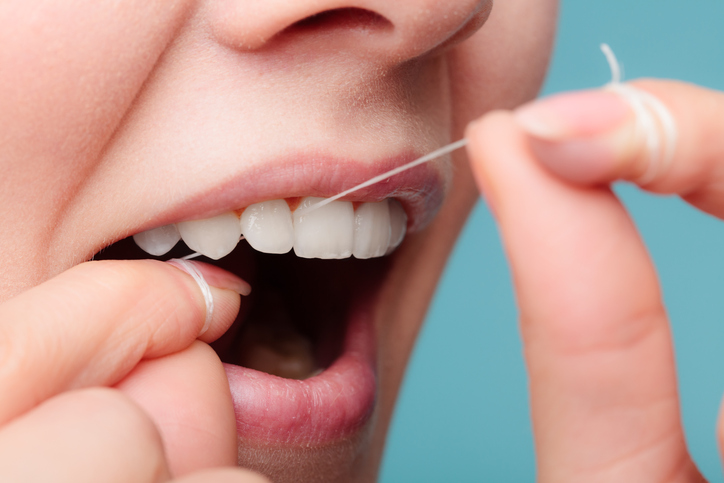
What are Interdental Brushes?
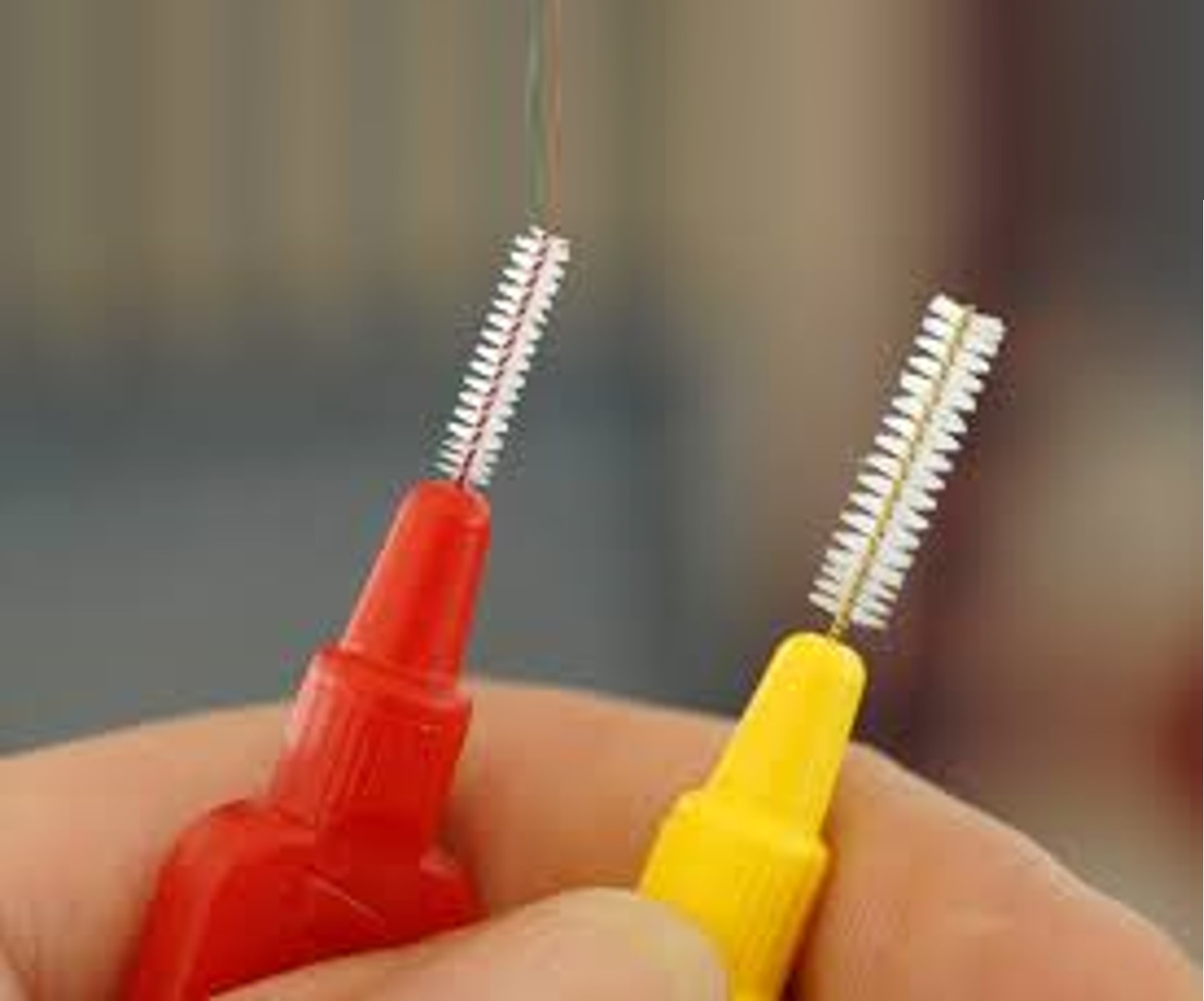
Interdental brushes are small brushes designed for thorough cleaning the space between teeth, around crowns, fillings, implants and braces. The brushes are bottle-shaped, which allows them to access places regular toothbrushes are not able to reach.
Interdental brushes are a supplement to the daily oral care regimen and should not replace tools already used regularly, like toothbrushes. Using interdental brushes after meals or when brushing your teeth in the evening, you can prevent caries and gum inflammations.
Inter-dental brushes come in various sizes. It may be helpful to ask your dentist to show you the correct sizes for that suits your mouth.
If you are looking for a dentist in Mysore for gum problems like; bleeding gums, bad breath, gum recession etc. contact us or book an appointment at Life Care Dental Clinic Mysore
FAQ's on Teeth Bonding
Flossing is the most effective way to remove plaque from between the teeth, and should form part of your daily routine. If you notice some bleeding, it may be an indication of inflammation in the gums.


